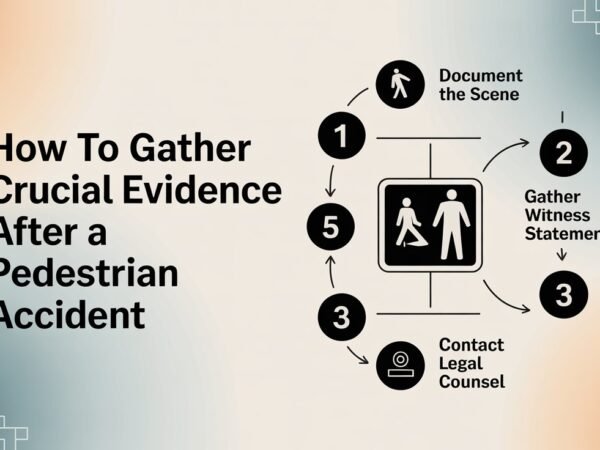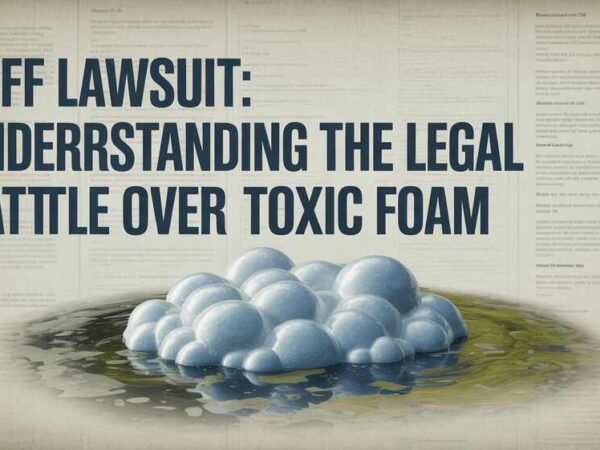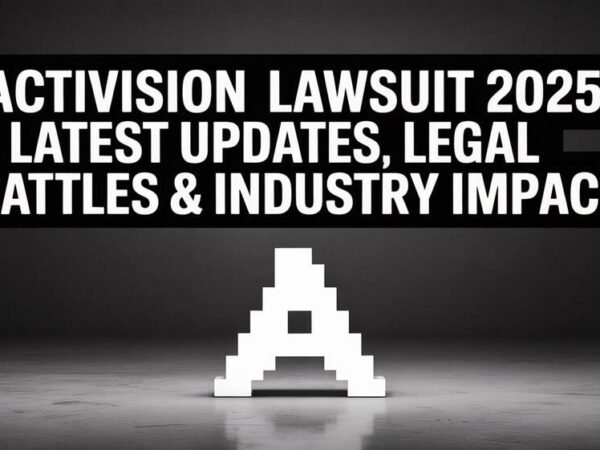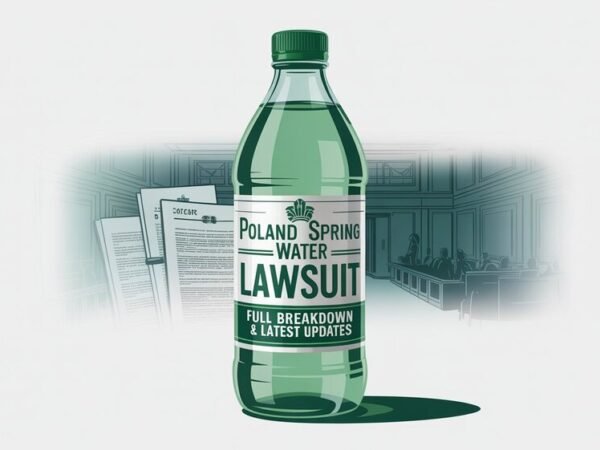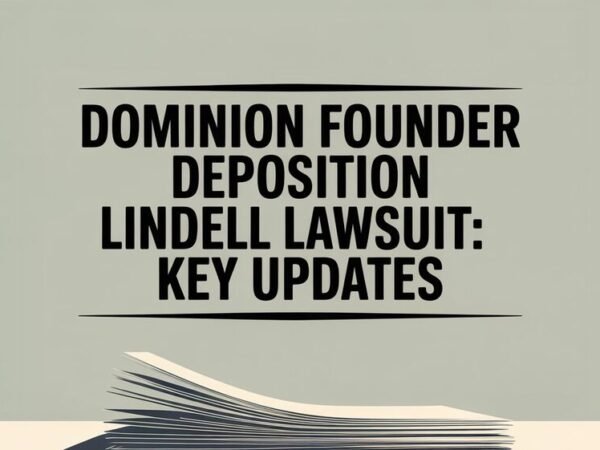Introduction
The competitive nature of the job market often drives employers to attract top talent by highlighting their company’s benefits and the opportunities they offer. However, the line between promoting positive aspects and making false promises can sometimes be blurred. False promises during recruitment can lead to legal complications and potential lawsuits. When employers make false promises, they risk legal action and damage their reputations.
This article explores the implications of making false promises to employees, the legal recourse available, and the importance of employers honoring their commitments. This deceit undermines the trust between employer and employee and can lead to significant legal repercussions.
The Reality of False Promises in Employment
Employers might sometimes exaggerate or make false statements to entice potential employees. These can range from promises of higher salaries, bonuses, or promotions to claims about job roles and market opportunities. While some of these promises may be fulfilled, many still need to be fulfilled, leading to dissatisfaction and legal disputes.
Common Scenarios of Misleading Promises
A frequent example of a false promise is an employer guaranteeing a specific salary or bonus upon achieving certain goals, only to fail to deliver on these promises. This can severely impact the employee, especially if they left a secure job or relocated based on these assurances. Such situations can lead to employees seeking damages for their losses.
Legal Recourse for Employees
When faced with false promises, employees have several legal avenues to explore. The success of these claims often depends on the specific circumstances and the evidence available. Some of the primary legal claims include promissory estoppel, fraudulent inducement, and breach of contract.
Promissory Estoppel
Promissory estoppel is a legal principle that allows employees to recover losses incurred from relying on a broken promise. For a claim to be valid, the following conditions must be met:
- The employer made a promise to the employee.
- The employee relied on this promise to make significant job-related decisions.
- The employer should have fulfilled the promise.
- The employee suffered losses as a result of relying on the broken promise.
If these conditions are met, courts can award reliance damages to compensate the employee for losses such as moving costs or lost wages.
Fraudulent Inducement
Fraudulent inducement involves an employer intentionally making false representations to convince an employee to accept a job offer. The critical elements of this claim are:
- The employer knowingly made false statements.
- The employee reasonably relied on these false statements when accepting the job.
- The employee suffered losses due to this reliance.
Proving fraudulent inducement can be challenging as it requires evidence that the employer intentionally misled the employee. This evidence can include emails, messages, meeting records, or phone call records. Successful claims can result in both reliance and expectation damages, compensating the employee for what they would have received had the employer fulfilled their promises.
Breach of Contract
False promises might constitute a breach of contract in cases with a signed employment contract. Suppose an employer fails to fulfill the key provisions of the employment agreement. In that case, the employee may have grounds for a lawsuit. This can include discrepancies in salary, benefits, or job roles. Depending on the case specifics, an employee might be able to sue for both fraudulent inducement and breach of contract.
Challenges in Proving False Promises
Proving that an employer made false promises can be complex and requires substantial evidence. Verbal promises are particularly challenging to prove, but written communications such as emails or letters can support an employee’s claim. Additionally, the emotional and financial toll of pursuing a legal case can be significant, making it essential for employees to seek experienced legal counsel.
At-Will Employment and Its Implications
Most states follow the at-will employment principle, which allows employers and employees to terminate the employment relationship at any time and for any reason. This can complicate claims based on false promises, especially if the employee was terminated shortly after being hired. However, suppose an employer made specific promises about employment conditions. In that case, they might still be held accountable despite the at-will employment doctrine.
Seeking Legal Assistance
Navigating the complexities of employment law and false promises can be daunting. Employees who believe they have been misled should consult an employment law attorney to evaluate their case and determine the best course of action. Initial consultations are often free and provide an opportunity for the attorney to understand the facts and for the employee to assess whether the attorney meets their needs.
Questions to Ask an Employment Lawyer
When consulting with an employment lawyer, asking informed questions to gauge their expertise and suitability is crucial. Key questions include:
- What are your fee structure and billing options?
- What experience do you have with employment law cases?
- What are my chances of success in legal action against my employer?
- What kind of damages could I expect in my case?
Finding the Right Attorney
Choosing the right attorney is vital for navigating legal disputes involving false promises. Resources such as the Super Lawyers directory can help employees find lawyers based on their legal issues or location. An experienced attorney can provide valuable guidance and representation throughout the case.
Conclusion
Employers must recognize the legal and ethical implications of making false promises during recruitment. Employees misled by such promises have several legal options, including claims for promissory estoppel, fraudulent inducement, and breach of contract. Proving these claims can be challenging, but employees can seek justice and compensation for their losses with the proper legal support. Both employers and employees should strive for transparency and honesty to foster a fair and trustworthy working environment.
Do Read: What Happens at a Personal Injury Lawyer Consultation




